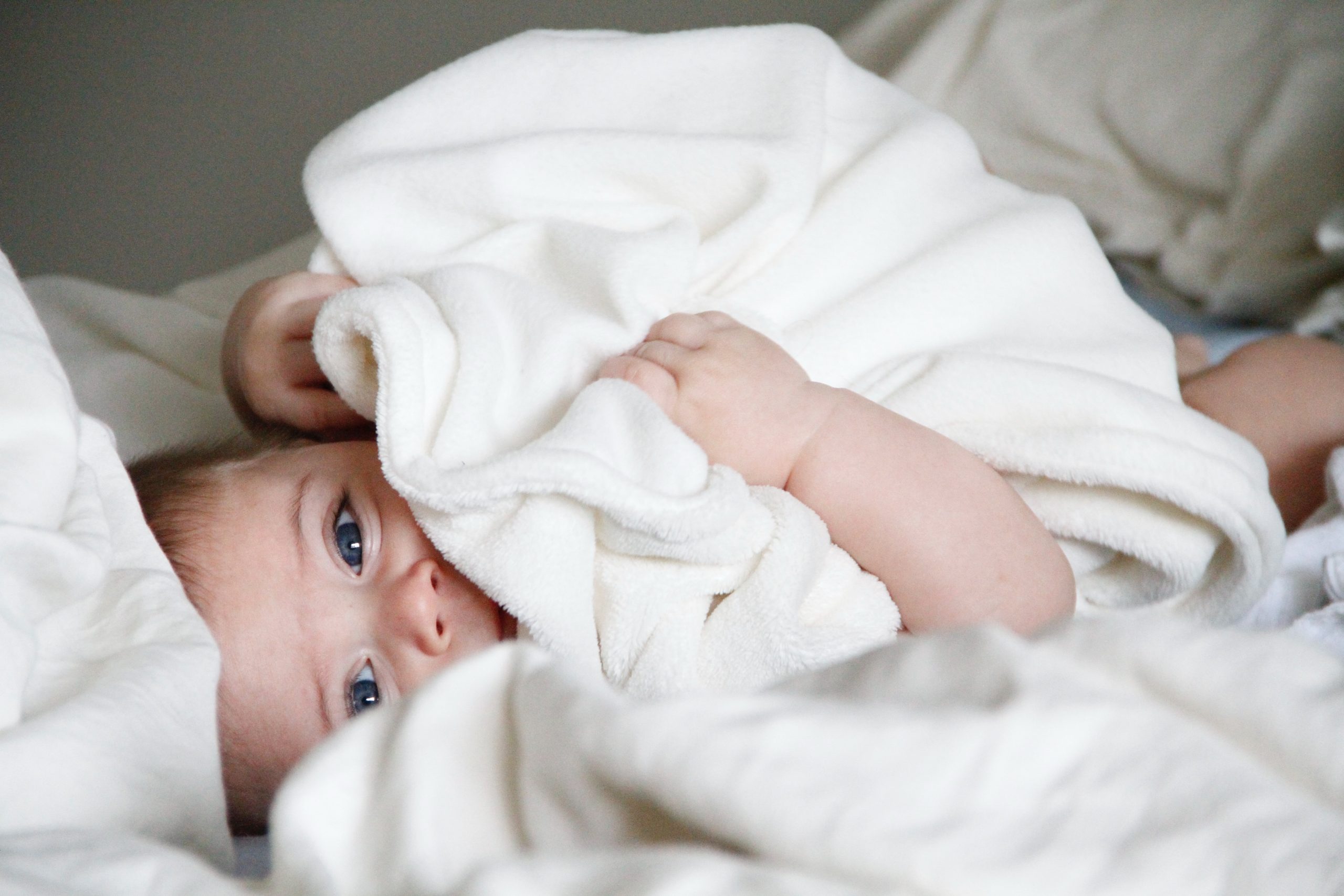
Lauren Dempsey, MS in Biomedicine and Law, RN, FISM News
[elfsight_social_share_buttons id=”1″]
A hospital in Fort Worth, Texas has reported an increase in sleep related infant deaths, many of which the hospital says are due to unsafe sleep environments.
Cook Children’s Medical Center released a statement last week warning parents of the dangers and misconceptions that surround co-sleeping.
According to the hospital press release, since January 2022, there have been 30 infant deaths linked to unsafe sleep practices which include bedsharing as well as using blankets, pillows, and other fabrics.
Hospital records indicate that the majority of deaths in 2022 and 2023 involved co-sleeping with at least one parent or caregiver, who woke to find the child unresponsive. However, the data did not reveal if this occurred in a bed, couch, or recliner. Other incidents included infants being placed on a pillow with a propped bottle, in the crib with a blanket or pillow, or wearing a loose T-shirt that covered their face.
Candle Johnson, a Certified Pediatric Nurse Practitioner, warns that co-sleeping isn’t safe, saying “Let’s be proactive today, so we don’t have to be reactive tomorrow.”
Johnson explained that some of these common misconceptions about infant sleep are linked to lack of education, unsafe cultural or generational practices, as well as socioeconomic factors. As a nurse, it is not only her passion, but her duty to protect babies by promoting safe sleep habits. These recommendations include using a firm surface, placing your baby on their back to sleep, avoid using blankets, pillows, bumper pads and soft toys when your baby is sleeping, and never bedsharing.
Data from the hospital showed that the group with the highest unsafe sleep deaths were black boys aged 2 to 6 months old. Black babies made up 54% of infant deaths, Hispanic babies comprised another 23% of deaths, white infants made up 10% of the deaths, and the rest were of unknown race.
The hospital clarified that these deaths should not be confused with sudden unexpected infant death (SUID), which is the sudden and unexpected death of any infant under the age of 1 in which the cause is not obvious.
According to the Centers for Disease Control and Prevention (CDC), there are about 3,400 SUIDs each year and can be broken down into three different categories: Sudden infant death syndrome (SIDS) which makes up 41% of deaths, unknown cause which made up another 32% and accidental suffocation and strangulation in bed (ASSB), which accounted for 27% of deaths. Data from the CDC shows that ASSB deaths accounted for the smallest amount of SUID for every racial group except for non-Hispanic Native Hawaiian/Other Pacific Island infants. These numbers have remained consistent since 2000.
Sharon Evans, the trauma injury prevention coordinator at Cook Children’s Medical Center encourages parents and caregivers to consistently follow the evidence-based guidelines for safe sleep.
The American Academy of Pediatrics (AAP) recommends that infants sleep on a firm surface, room sharing, breastfeeding for at least 6 months, avoid infant exposure to nicotine, alcohol, marijuana, opioids, and illicit drugs, and avoid weighted swaddles, clothing, or blankets for infants.
According to the AAP, the risk of sleep-related infant deaths are up to 67 times higher when sleeping with someone on a couch or in a recliner and up to 10 times higher when sleeping with someone who is impaired because of fatigue or use of sedating medications or substances such as alcohol or illicit drugs; or is a smoker.
The Le Leche League created the Safe Sleep 7 to help parents determine the best sleep plan for their family and implement it safely. These steps include sober and non-smoking parents, the mother must be breastfeeding, a healthy baby, baby is sleeping on their back, lightly dressed, and the sleep surface must be safe.
It is estimated that more than 60% of parents will bedshare with their infant at some point, whether it be intentionally or accidentally.
